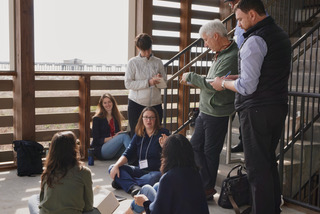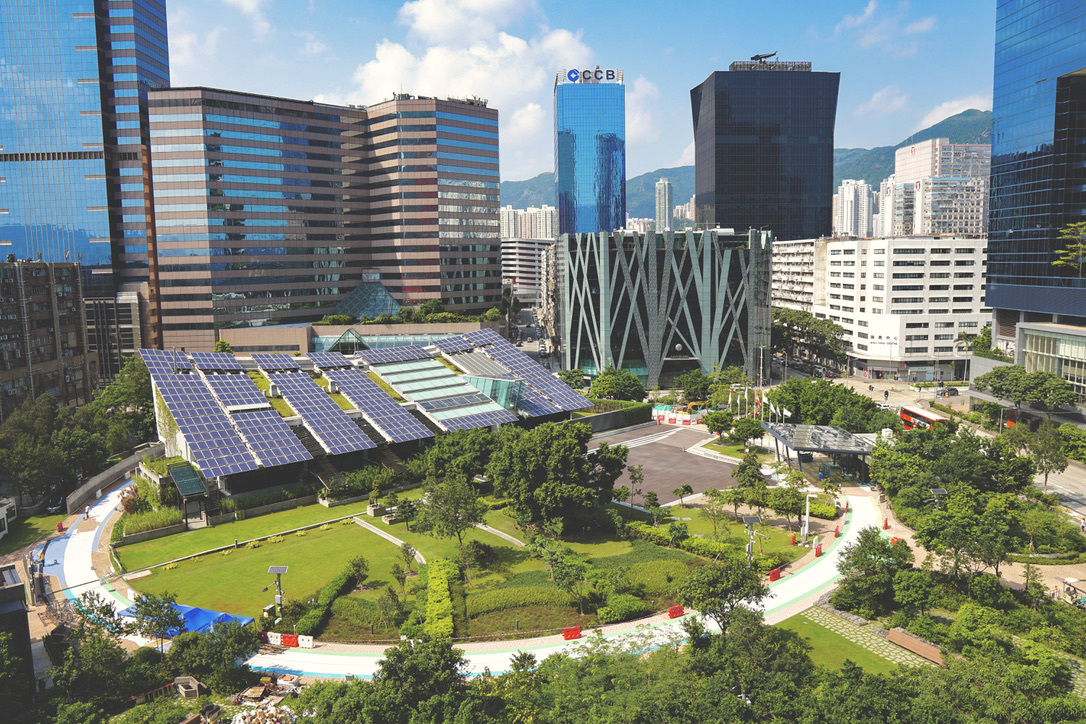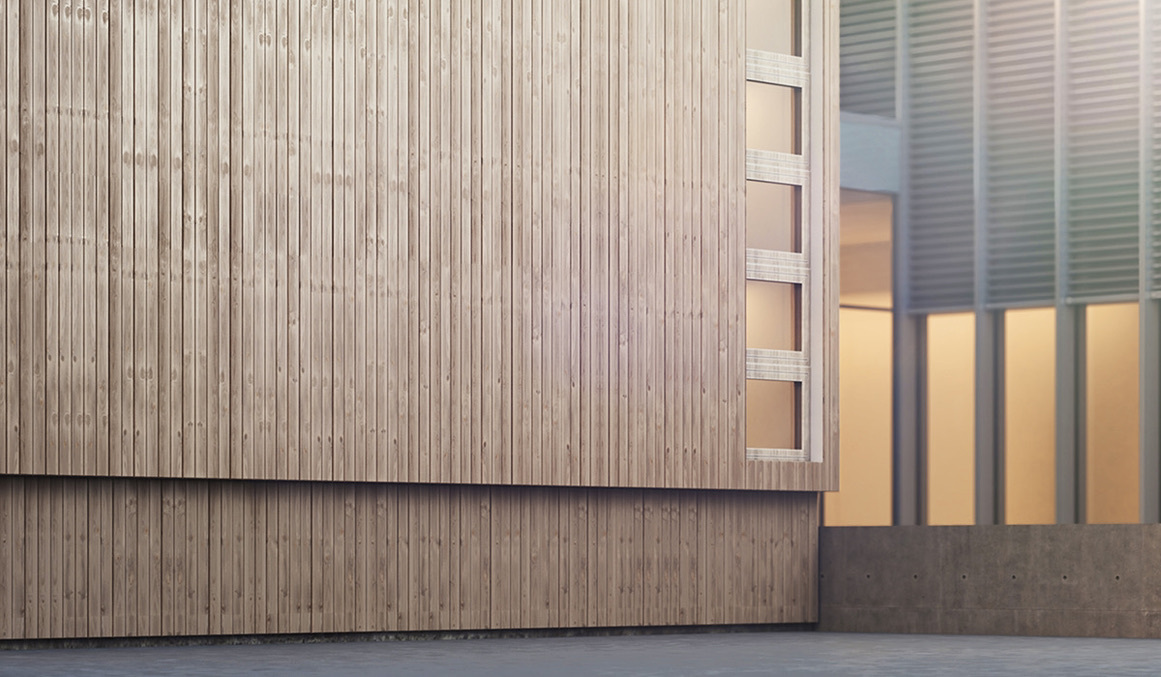Registration Form
Sustainable Advising Leaders Fall Events 2021- ENDED FOR 2021

Boston Region Mini-Summit
Date & Time: Thursday, September 9th, 2021 | 1pm–5pm ET
Location: Pine Banks Park, 1087 Main Street Malden, MA 02148
Price: $150.00
CEUs: 3 GBCI CEUs and 3 AIA HSW LUs
Description: This Boston area workshop will, first off, provide a chance for us to reconnect in person with opportunities for networking and getting (re)acquainted within and across our networks. Questions/concerns about getting together in person? See here for more information and the latest updates!
Then we'll roll up our sleeves and divide into three parallel sessions:
- The new net-zero stretch code. What's in it, how to advocate for its adoption, and what suggestions we might have for how to evolve it to better align with carbon reduction targets.
- The proposed Building Energy Reporting and Disclosure Ordinance: is it enough to move the needle on emissions from existing buildings?
- Materials in the Boston market: opportunities with salvaged materials, low-embodied carbon options, and how to get more EPDs from local concrete suppliers.
We'll wrap up with some action planning for the Regional Group.
After the workshop, we'll host an open happy hour reception 5:30pm - 7:30pm (including for people who were unable to attend the workshop).
Happy Hour Location: River Bar, 661 Assembly Row, Somerville, MA 02145

ISJ - Net Zero What? Transitioning our Metrics from Energy to Carbon
Date & Time: Thursday, October 7th, 2021 | 1pm - 5pm ET (10am - 2pm PT)
Location: Virtual
Price: $125.00
CEUs: 3 GBCI CEUs and 3 AIA HSW LUs
Description: Energy metrics are ingrained in energy codes, design awards, and even corporate ESG accounting. But we know energy is only an imperfect proxy for carbon and we can do better. In this session, we'll map out what our industry needs to change in order to see carbon impacts more accurately and holistically.
We'll explore new tools and approaches that are supporting this shift from energy to carbon and how it affects fuel choice and time-of-use as we make the case for electrification. We'll also consider the impacts of refrigerants and how embodied carbon factors into the equation. What does all this mean for terms in widespread use today, like "net-zero-energy?"
Integrated Solutions Jams (ISJ) are our chance to roll up our sleeves and dig into a topic that is ripe for cross-disciplinary collaboration. We’ll get an overview from industry leaders to get us on the same page, and then work together to accelerate change. We each have a role to play in this interdisciplinary discussion:
- MEP engineers can lead the way with understanding refrigerants and the carbon impacts of regional grids, and time-of-use.
- Designers help set the initial targets with owners and will have to educate them about the shift from energy to carbon.
- Contractors are needed to help reduce embodied carbon, through smart procurement and lowering jobsite carbon.
- Consultants help guide all three of the above through the transition.

ISJ - Getting Better Materials Into Projects
Date & Time: Thursday, October 14th, 2021 | 1pm - 5pm ET (10am - 2pm PT)
Location: Virtual
Price: $125.00
CEUs: 3 GBCI CEUs and 3 AIA HSW LUs
Description: We tend to focus on one aspect of materials at a time: either we're looking for healthier materials, or circular materials, or materials with low environmental impact. In this workshop, we'll share frameworks that help us identify better materials across all these parameters and then identify what practically needs to happen to prefer those materials across all our projects, at scale.
Once those products are selected, how can we make sure they make it onto the job site and into the project? How can we optimize our specs, submittal forms, pre-bid meetings, cover sheets, and substitution requests to prevent better materials from falling through the cracks in handoffs between consultants, designers, and contractors?
Integrated Solutions Jams (ISJ) are our chance to roll up our sleeves and dig into a topic that is ripe for cross-disciplinary collaboration. We’ll get an overview from industry leaders to get us on the same page, and then work together to accelerate change. We each have a role to play in this interdisciplinary discussion:
- Contractors manage submittals and often procure the products that get installed.
- Consultants often help screen for better materials, using a wide array of tools, certifications, and labels.
- Designers also screen products and communicate the benefit of better products to the client.
- Community design leaders grasp the local economic and social impacts of using better materials that are often missed by mainstream "green" labels.

ISJ - Beyond the Property Line: Bringing Clean, Resilient Energy to Underserved Communities
Date & Time: Thursday, October 21st, 2021 | 1pm - 5pm ET (10am - 2pm PT)
Location: Virtual
Price: $125.00
CEUs: 3 GBCI CEUs and 3 AIA HSW LUs
Description: How can we bring clean, resilient energy to underserved communities? Whether it's the efficiency of district energy systems, the resilience offered by microgrids, or new financial models that allow renters to benefit from community solar, we need renewable energy delivered directly to communities. A community-based approach can prioritize both the benefits and promote environmental justice. We'll explore some case studies and unpack the roles of process, policy, and technology in making this kind of project a reality.
Integrated Solutions Jams (ISJ) are our chance to roll up our sleeves and dig into a topic that is ripe for cross-disciplinary collaboration. We’ll get an overview from industry leaders to get us on the same page, and then work together to accelerate change. We each have a role to play in this interdisciplinary discussion:
- Community design leaders work at the right scale for district systems and understanding community-scale impacts.
- MEP leaders can advise on which energy systems make sense and bring the most value.
- Consultants may specialize in various aspects of energy systems and have the advice to share from past projects.
- Designers can instigate some of these conversations by looking beyond the property line.
You can share this PDF with your leadership for funding requests.
Please log into your BuildingGreen profile or create a personal profile to continue.


